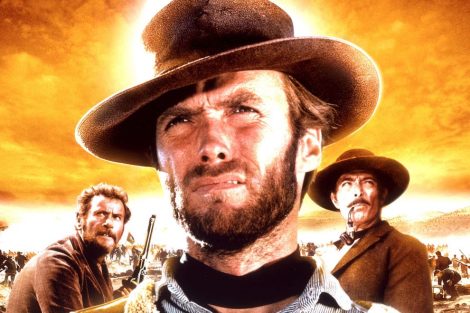It looks that was yesterday. Fourteen years ago began a shiny new Millennium. The future, as dreamed in our childish fantasies, was arriving. There was optimism and hope all over the world.
Older, in a more developed world, closer to an environmental collapse; here we are now at another New Year starting line, still waiting for our utopic dreams to become real.
From the past we can recall a frozen and wet Times Square crazy celebration, the Eifel Tower illuminated as never before and The Mall in the nation´s capital with thousands of euphoric people sharing the historic moment. Then, by television we all could watch the live coverage of the amazing event as midnight arrived to every corner of the planet.
Since then, most of the Millennium goals of the 2000 U.N. Summit are becoming real. Extreme poverty is coming down; there are more basic education and health services in most countries. The most relevant improvements happened in Asia, of course. Globally, life expectancy keeps going up. Now we are 7 billion habitants in the planet and counting. Economically, China is still the big story.
In these years, the United States became familiar with terrorism as never before, as well the perverse business it generates (like professional paranoia, administrators fearful of a new attack and xenophobia producers). Broken by two absurd wars in a row (Afghanistan and Iraq), this country is still to recover from the big economic crisis, pretty much self-inflicted.
If half century ago the U.S. was capable of building the collective dream of putting a man on the Moon, today the U.S. Federal Government (could be the forth largest world’s economy) has proven unable to open even the more insignificant door of its otherwise humongous bureaucratic machine.
Out there in the society, thanks to the Internet and other communication tools, the world is smaller than before (from a global village the society passed to global information access through a mobile device such as a tablet or a cell phone). Today there are 7.1 billion people and 6.8 billion cellphones. Information is cheaper. With Big data may come and exponential growth in knowledge… Nevertheless, the future that finally arrived looks much more the Orwell´s 1984 than our dreamed 2014.
Economic inequality is growing in most countries; middle classes are collapsing; extremists and authoritarians are as good than anybody else in the use of new communication technologies. Manipulation and mass control works just as fine as ever. Also, we all keep killing nature, in a hurry. Global warming and contamination are still here stronger than ever.
Therefore, the new millennium momentum is gone. Long gone. And the old challenges are still here, as ever. For individuals, families and communities, the struggle for resources is serious. The new economy brings challenges for all. Outsourcing and globalization of services are one and the same. Globally there are already over 2 billion people suffering to bring something, anything, to their dinner plate.
Technology keeps moving forward and therefore education remains our best bet for a better future.
Talking about healthcare, in general the poor countries have a relative advantage vs. the rich ones (their population is younger). On the other hand, there are huge science and technological advancements (like in biotechnology) that bring a reality where life expectancy may be double for those with access to resources than the ones without them.
For the 10.7 million Latino families living in the U.S. this 2014 will be another year in their path toward a better integration to their new communities. Even without an immigration reform, their 3.1 million businesses will keep succeeding, their presence in the labor force will keep being fundamental for several major industries and the whole economy as well. Their vote in next elections will be more crucial than ever. This November Latinos will push vs. the immigrant-haters and other extremists in the House and the Senate.
Clearly their major challenge is at school. Hopefully, in this generation Latinos will move from incarceration (the rates are pretty bad) to college graduation (also bad).
With and average age of 27 U.S. Latinos represent the future of the country. They are 54 million now and by the 2020 will be 66 million. Little longer, they will be 133 million (one third of the nations total population). As in the past in this country´s history, the immigrants, the newcomers, is where the nation will be able to find the optimism that has always being one of its best virtues.
10 Editorial January AA










